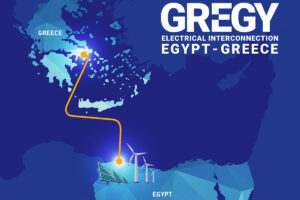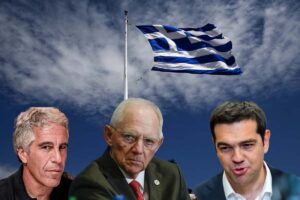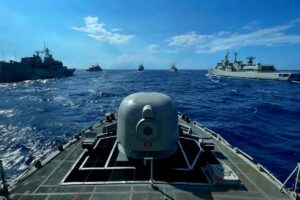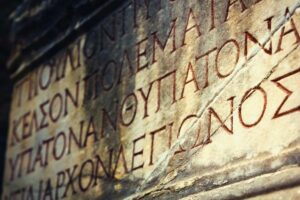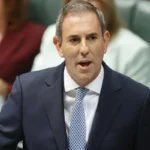The safeguards imposed by the European Union regarding the participation of third countries in the SAFE defence programme act as an obstacle to Turkey’s involvement. NATO backs Turkey’s entry into SAFE, double veto from Cyprus and Greece, something that primarily irritates Ankara itself.
Turkey is once again leveraging its NATO membership to gain entry into a distinctly European programme, with the Secretary General of the North Atlantic Alliance laying out the red carpet for Ankara.
According to reports in the Athens-based newspaper Kathimerini, NATO Secretary General Mark Rutte, during the latest Coreper meeting (27 EU ambassadors), indirectly but clearly called on the Union’s member states to give a “vote of confidence” to Turkey for its participation in the European defence mechanism SAFE (Security Action for Europe).
As noted in the relevant article, this is not the first time the NATO Secretary General has sought to encourage EU–Turkey defence cooperation. However, his previous interventions were not as direct, as this was the first time he appeared at a Coreper session. This move came almost simultaneously with confirmation from the European Commission that Ankara had submitted an expression of interest in the SAFE programme.
The double Veto within the EU
Turkey’s participation in SAFE is no simple matter, as it requires the consent of all 27 member states of the European Union. Given the current state of affairs—with Turkey occupying part of the Republic of Cyprus and constantly threatening both Cyprus and Greece—it is abundantly clear that there is, from the outset, a double veto from Nicosia and Athens regarding Turkish participation.
During his visit to Nicosia, the President of the European Council, António Costa, was explicit on behalf of the EU institutions about the prerequisites for third-country participation in the SAFE programme:
“The rules of the SAFE programme are very clear. It is open to third countries, but only to those that do not constitute a threat to the security of any member state. States that attack or threaten the security of a member state cannot be allowed to use SAFE. And for a third country to make use of SAFE, it must sign a defence agreement that must be approved by all member states.”
A key tool for the EU, says Raouna
The issue of European defence and security was one of the topics on the agenda of the General Affairs Council. Deputy Minister for European Affairs, Marilena Raouna, in her intervention, referred to the SAFE programme. As we understand, Ms Raouna once again stressed that the programme represents an important tool for the EU’s defence readiness, including cooperation with countries that share the same interests and challenges as the member states and the Union itself. For this reason, she added, there is a strong conviction that third countries which do not meet these criteria but instead contradict the defence and security interests of the EU and its member states, cannot be allowed to participate in the programme.





